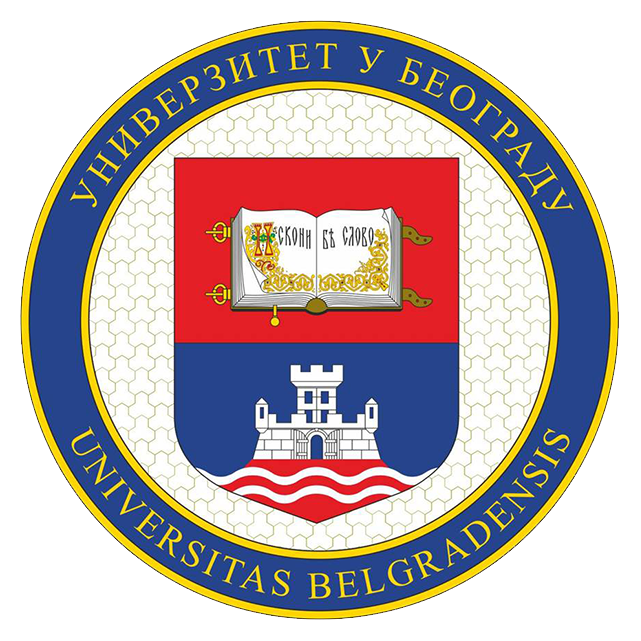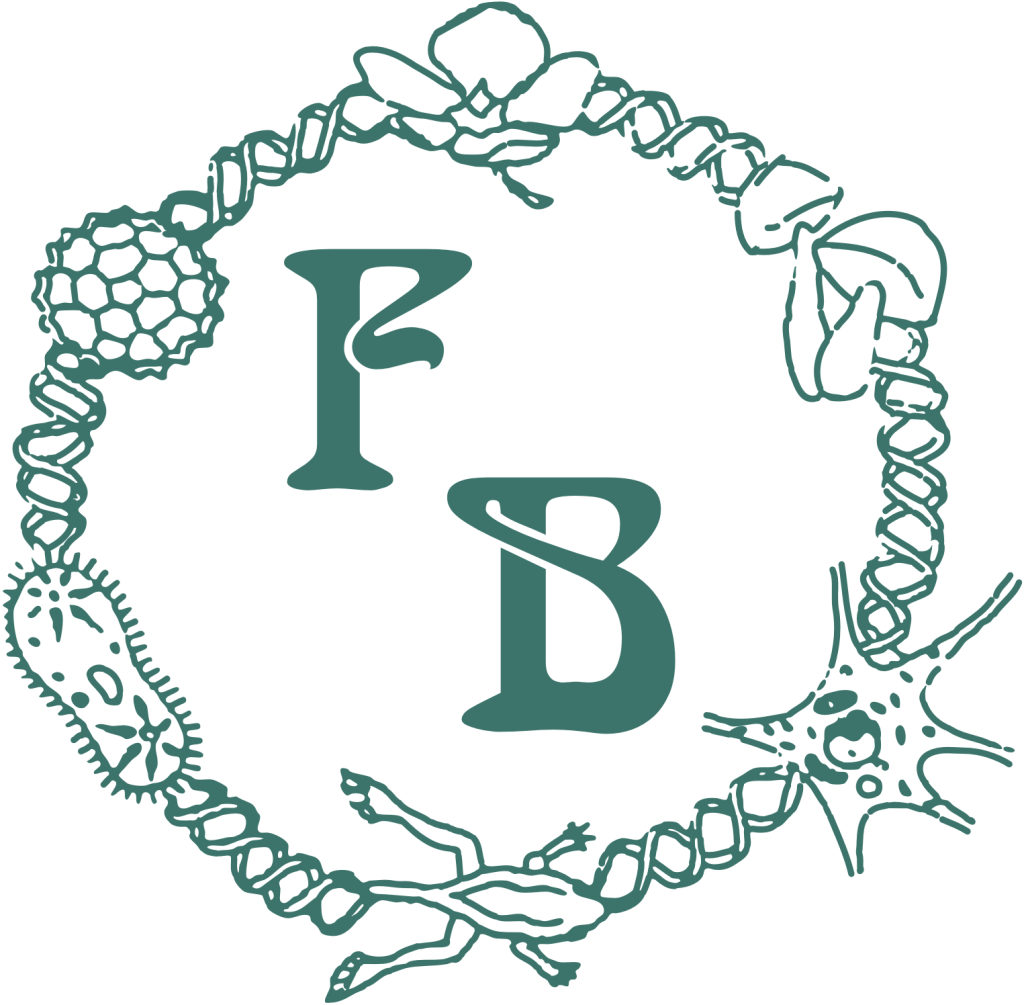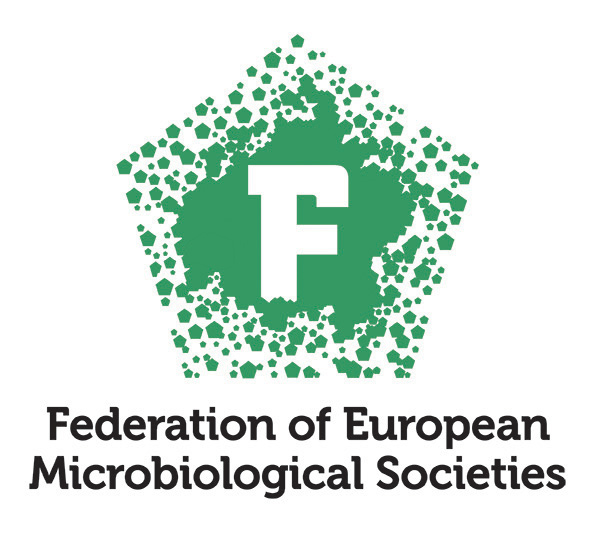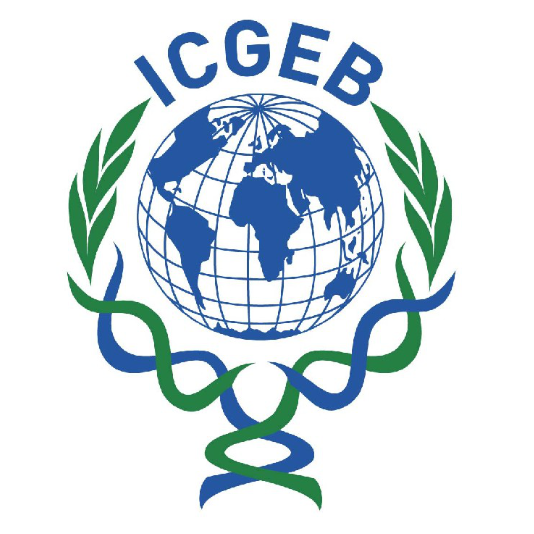He obtained a Master at Kyoto University in 1989, got the position of Assistant professor at Fukuyama University in 1990, and obtained a Ph.D. at Kyoto University in 1993. After a Post-Doc experience at INRA, France, from 1996 to 97, he moved to Kobe University in 2004 as an Associate professor and was promoted to Professor of Applied Microbiology in 2009. He has specialized in functional genomics of bacteria, including Bacillus subtilis and its relatives, since the beginning of his career today.

Ken-ichi Yoshida
Department of Science, Technology and Innovation, Graduate School of Science, Technology and Innovation, Kobe University, Japan













